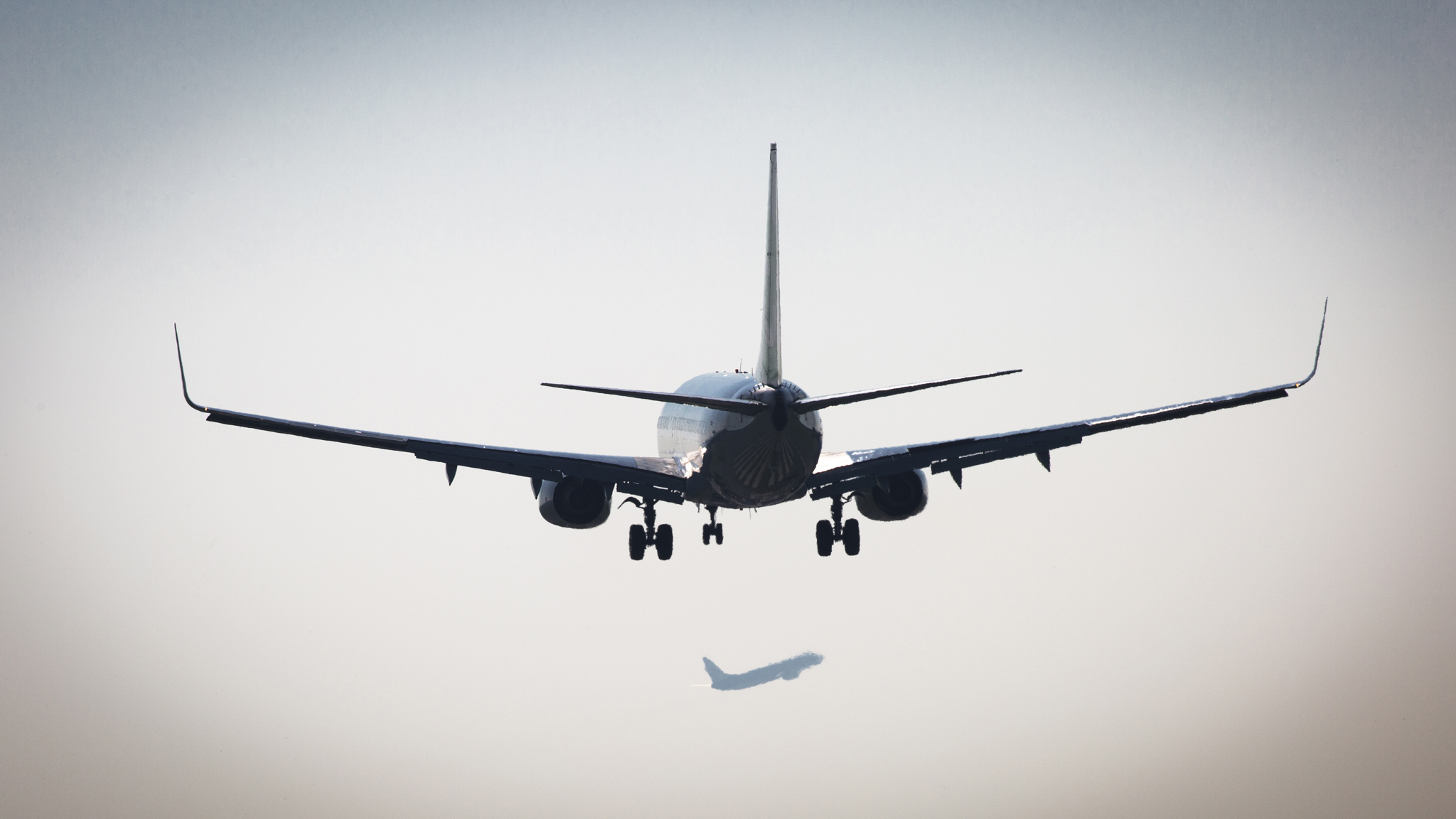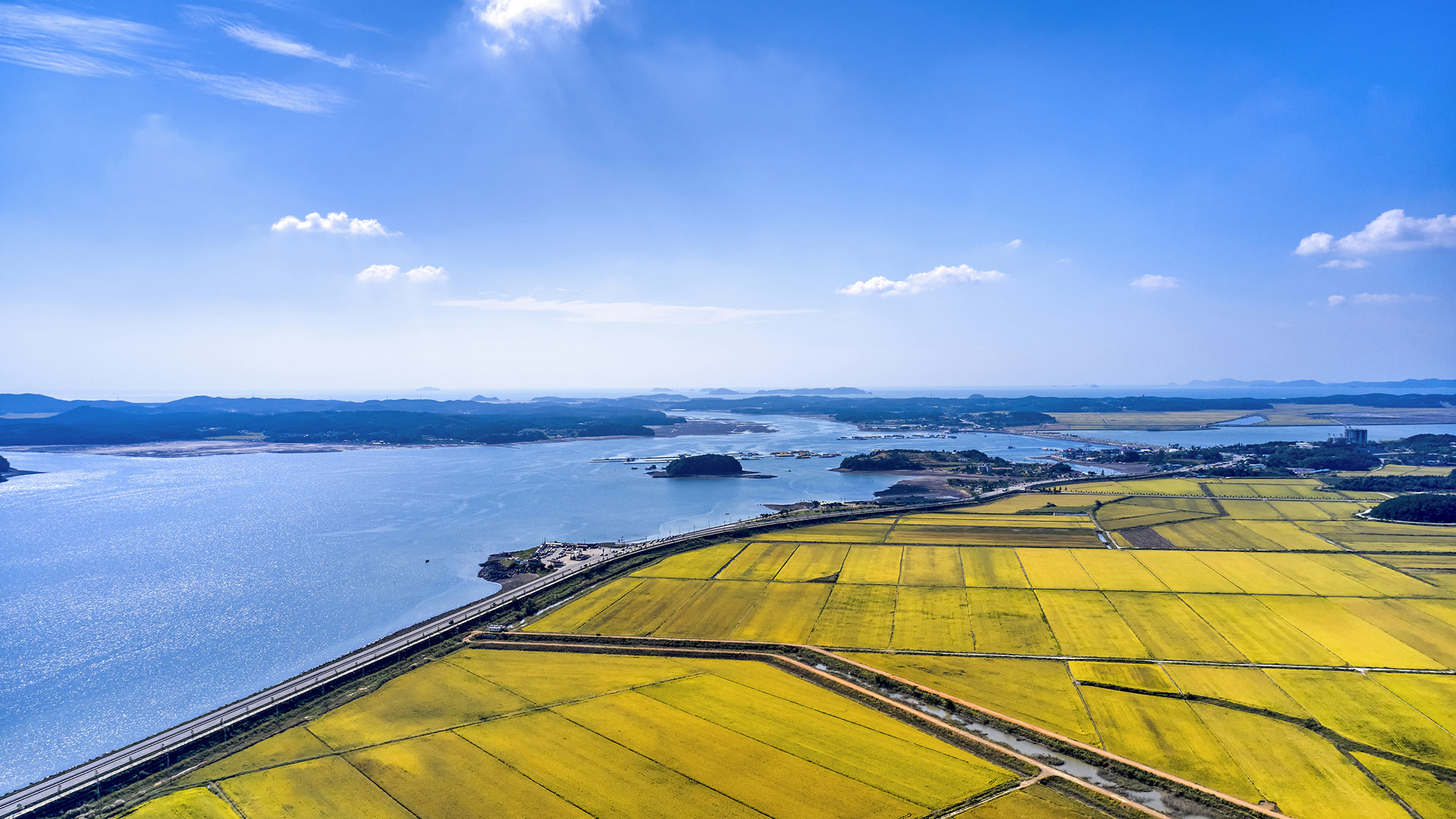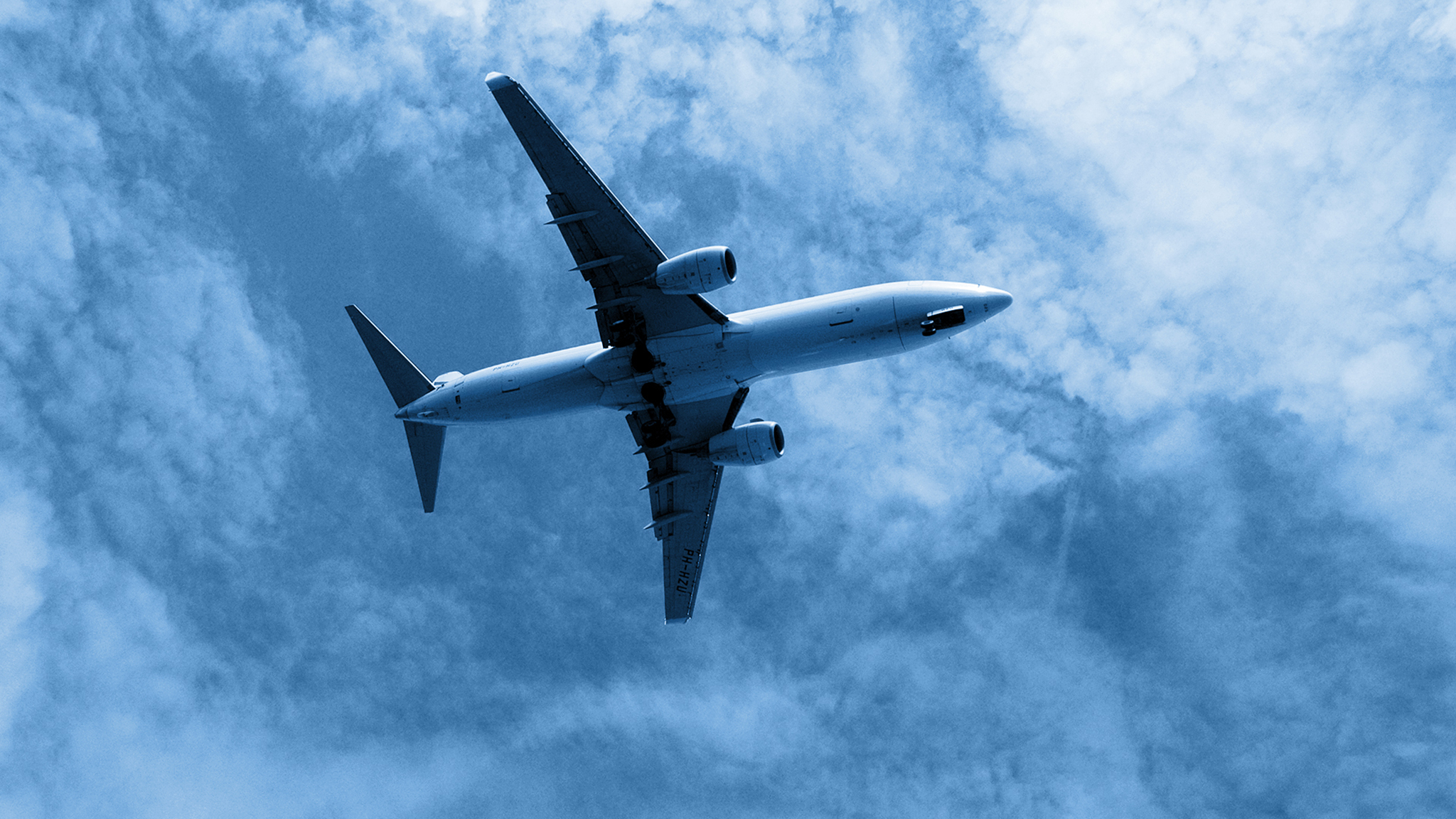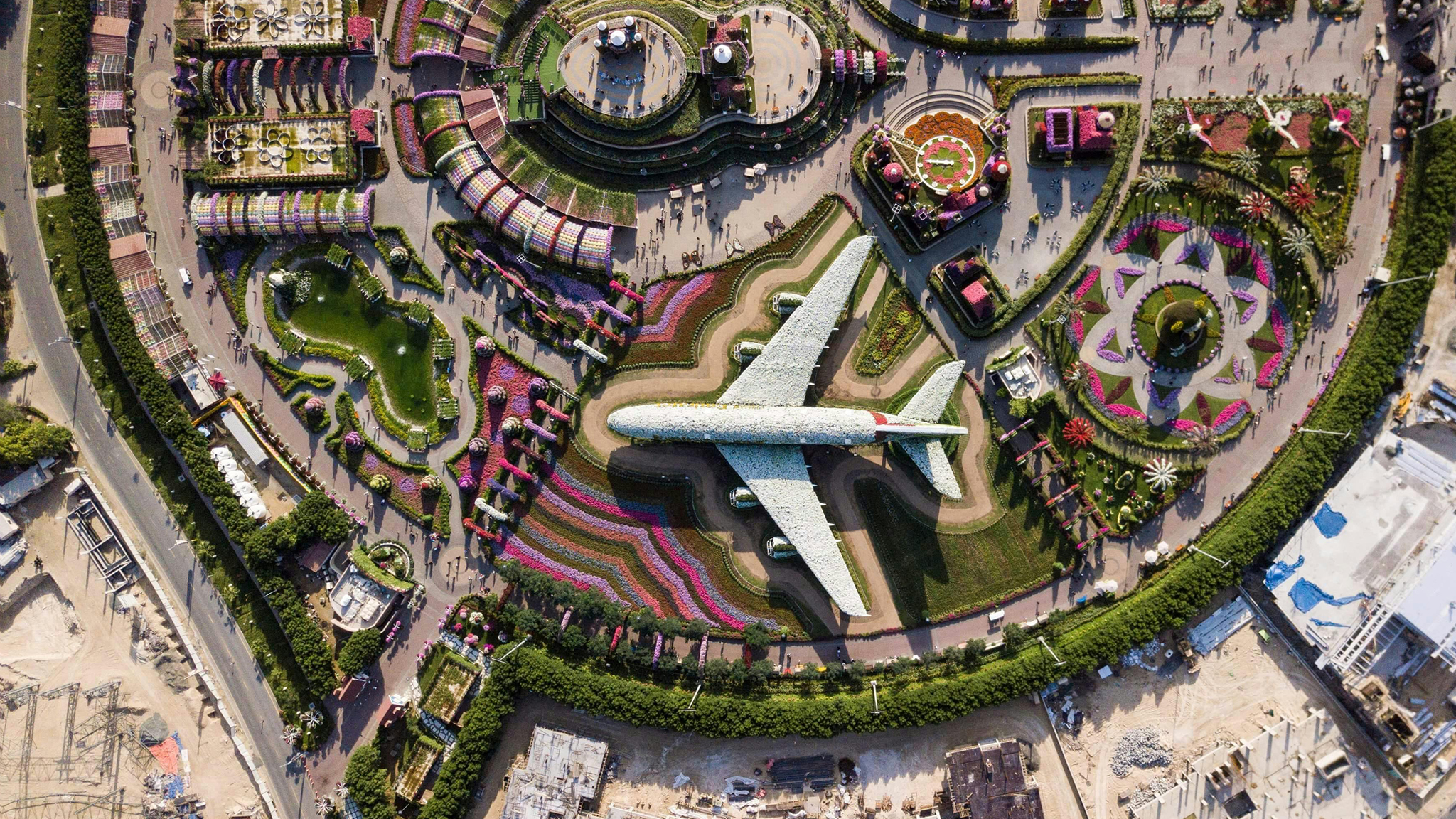That does not matter much, but hopefully it is a good excuse for missing the episode on flight embarrassment from a month ago, even though that topic is pretty much up my alley. After a rave review, I just watched the 8 minutes after all. This brought a lot of recognition and passionately nodding yes (40 times a year on a plane – come on!), but also three moments of shaking my head in disbelief. On three topics, Lubach is clearly too short-sighted, just omitting the facts or failing to tell the whole story. In this blog, I will set this straight. This story may not be as unctuous and you have to think up the jokes yourself, but on the other hand: you’ll have this article read in just 5 minutes.
First, a bit more context about the broadcast of ‘The evening show with Arjen Lubach’, which is shown several times a week in the evening on NPO 1. ‘The host dives through the delusion of the day with inspiring guests to the bottom of the news,’ as stated on the VPRO website. So in episode 6 on Tuesday, 13 September, it was about the price of flying, among other things.
Then below are his judgements which I would still like to address, although perhaps a little less light-heartedly.
1: There is really no need to go back to 1944
One of the explanations Lubach gives for the low price of airline tickets is the lack of a fuel tax. Kerosene is indeed tax-exempt, which keeps ticket prices low. However, that is not an ICAO regulation, as claimed by Lubach. I have already discussed the details, but to summarise: there is an ICAO resolution calling on Member States not to tax kerosene; however, this is not a binding regulation. Incidentally, this is also reflected in the legislative proposals in the European Fit for 55 package, which include an intra-European kerosene tax. After all, this would not have been possible had ICAO been binding.
By the way, the fact that ICAO has no control over this does not make it easy to introduce a kerosene tax. For those details. however, I refer you back to my previous blog. Now back to Lubach.
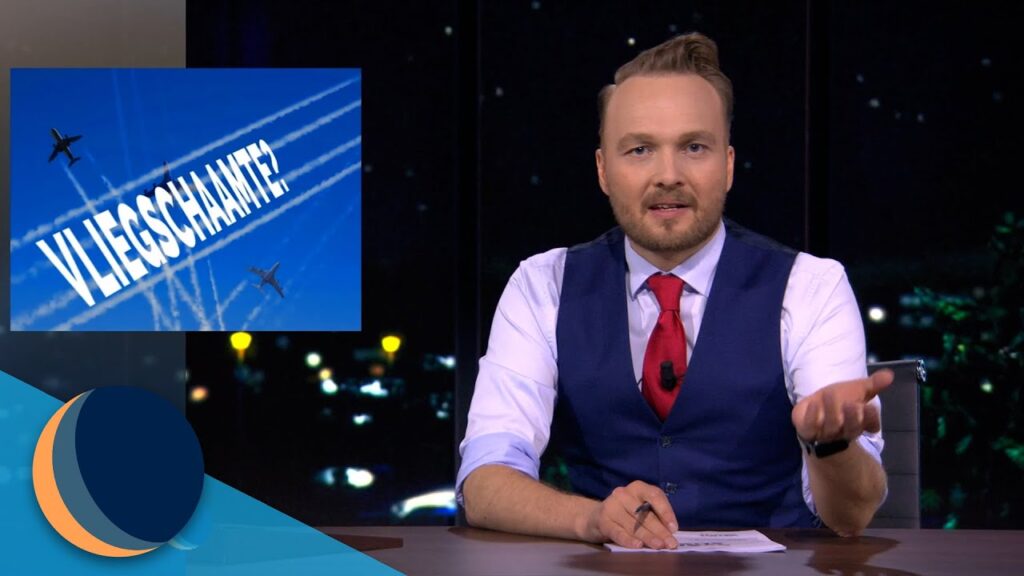
2: There is a difference between saying and doing
A few minutes later in the episode, a study (published in the Algemeen Dagblad) is shown which allegedly shows that almost half of Dutch people think air travel prices in Europe should be allowed to double. Lubach stresses that both low and high-income people agree on this. He does, however,ignore the so-called ‘say-do-gap’: an effect that is particularly common in sustainability issues. What I mean by that? How often have you set resolutions for yourself and how often did you actually keep them? That’s what I’m saying.
3: VAT
When it comes to the kerosene tax exemption, VAT exemption usually comes up quickly as well. As was the case in Lubach’s broadcast. And again: the basis is correct, as international air tickets are not subject to VAT. Key word here is ‘international’: if you were to fly from Amsterdam to Lelystad (please don’t!), you would 100% certainly pay VAT on that. However, Lubach does not explain the reason that this does not apply to cross-border trips. One of the things that comes into play here is that – at least in the EU – VAT must be paid in the country where a service is provided (Directive 2006/112/EC, Article 48). Effectively, that means the amount of VAT you would have to pay as a passenger depends on the route you fly. That route in turn depends on weather conditions and traffic conditions at the time and is therefore never completely set in stone beforehand. This makes it difficult – if not to say practically impossible – to determine and levy VAT. Not to mention the differences in VAT rates in EU member states…
Read more
PDF recent ACM-research (p. 21)
‘So those were your three key points,’ you ask? ‘Indeed,’ I say. They may be details in your view, but as I see it, they are relevant details. Details that make a difference because they shine a different light on why some things are the way they are, or what it takes to change things. For a kerosene tax, we do not need to go to ICAO, but to The Hague: that is where they deal with the aviation treaties the Netherlands has with the rest of the world. Making air tickets more expensive, to generate revenue for faster fleet renewal, sustainable fuels or carbon compensation? Probably won’t work, because a recent study by ACM (p. 21) confirmed that only a small group (10%) will really spend more money on it, while the rest will unfortunately board at an airport across the border – even if the actual journey will be longer as a result, very likely resulting in higher CO2 emissions. What about the VAT exemption? Not a subsidy for aviation, then, but the result of regulations that cannot be applied uniformly to international air travel.
Details matter. So the next time you are in doubt whether your talk show, podcast, vlog or opinion piece is accurate and complete? As long as it is about aviation, my colleagues and I will gladly look and think with you. Even if your name is not Arjen.
